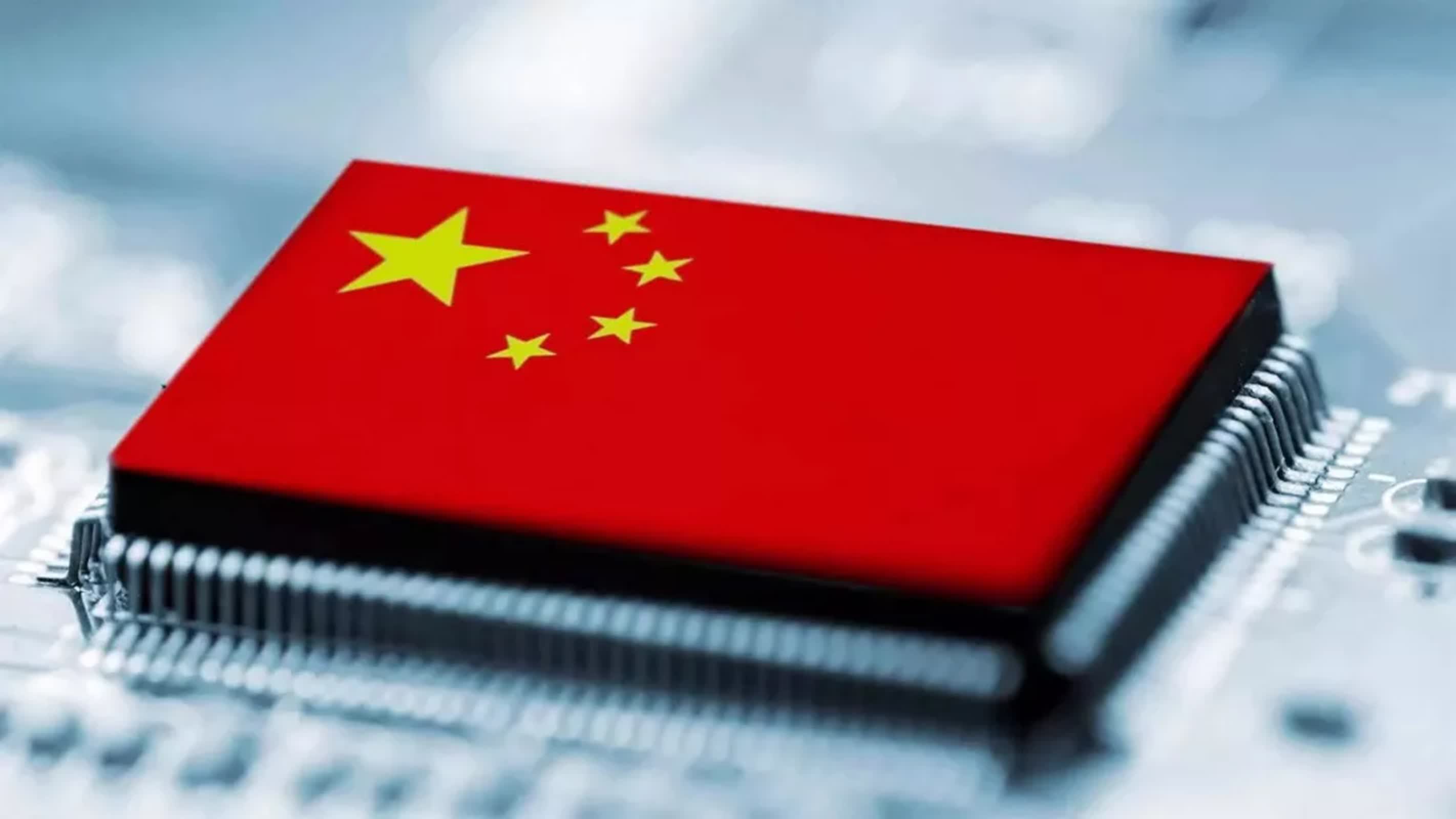What just happened? The US has added dozens of Chinese tech companies to an export blacklist as it looks to slow down its rival’s development of AI chips, as well as high-performance, exascale, and quantum computing for military use. China said the sanctions will not stop the country’s development and progress, adding that the move reflects US anxiety over its rapid development of these technologies.
The US Department of Commerce’s Bureau of Industry and Security (BIS) has added 80 organizations to the entity list, including more than 70 from China. There are also entities from the United Arab Emirates, South Africa, Iran, and Taiwan.
American companies wishing to do business with those on the list must first secure a license, which is almost always denied. Donald Trump famously placed Huawei on the list in 2019, during his first term in office.

Among those added to the list are six subsidiaries of cloud computing provider Inspur Group, which itself was added to the list in 2023. The subsidiaries were added for acquiring or attempting to acquire US-origin items in support of supercomputer projects for the Chinese government and/or military. They are also accused of developing large AI models and advanced chips for military use.
The agency added that it is working toward impeding China’s development of its hypersonic weapons program, and to impair the development of unsafeguarded nuclear activities and ballistic missile program.
Also added to the list were Chinese server manufacturer Nettrix Information Industry Co, Suma Technology Co, and Suma-USI Electronics. Non-profit AI research institute Beijing Academy of Artificial Intelligence is another new addition.
27 Chinese entities were added for acquiring or attempting to acquire US-origin items in support of China’s military modernization, and seven were added for advancing the CCP’s quantum technology capabilities. There were also two Chinese entities added for selling products to parties on the entity list, including Huawei and HiSilicon.
“We will not allow adversaries to exploit American technology to bolster their own militaries and threaten American lives,” said US Secretary of Commerce Howard Lutnick.
Bao Jianyun, director of the Center for International Political Economy Studies at Renmin University of China, told the Global Times that the move marks an escalation of the US’ long-running effort to contain China’s technological rise. He said it reflects the US’ anxiety over China’s rapid development of large language models, quantum computing, and other technologies.
China’s foreign ministry said it strongly condemns the export restrictions while urging the US to “stop generalizing national security,” Reuters reports.
Source link